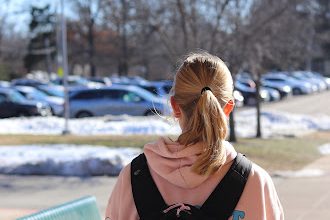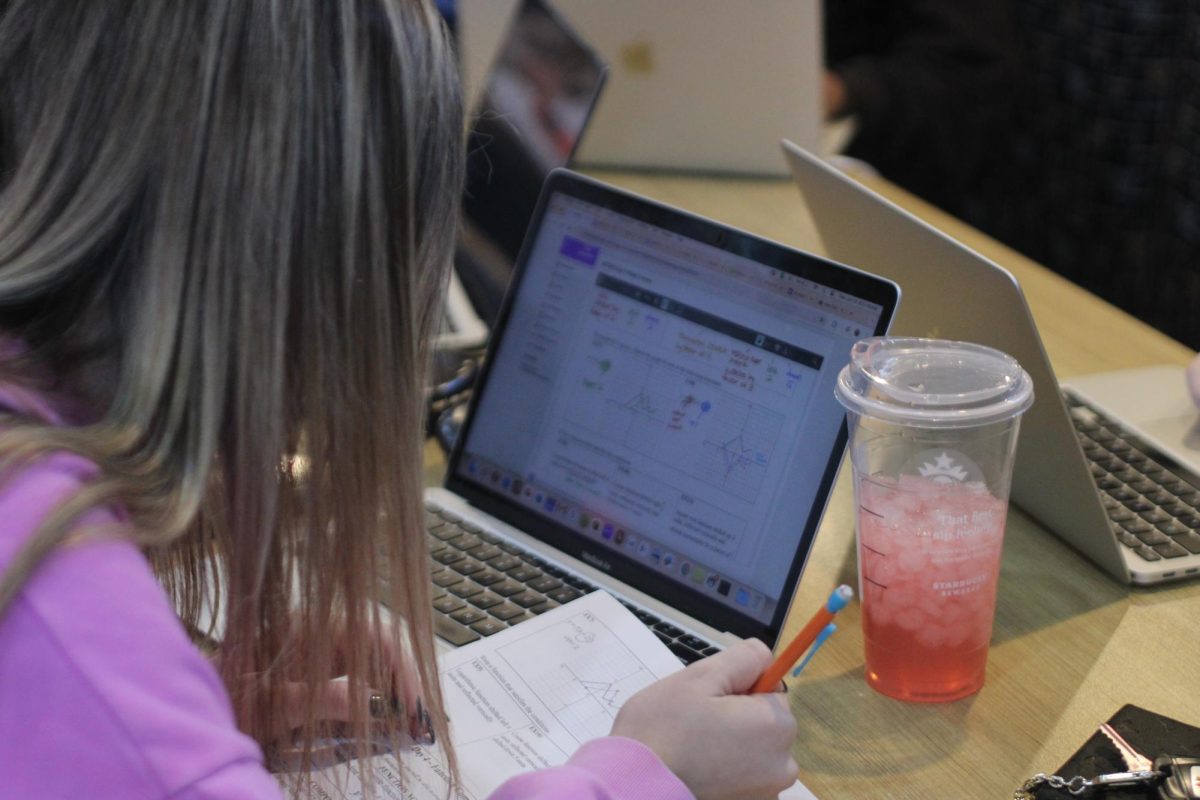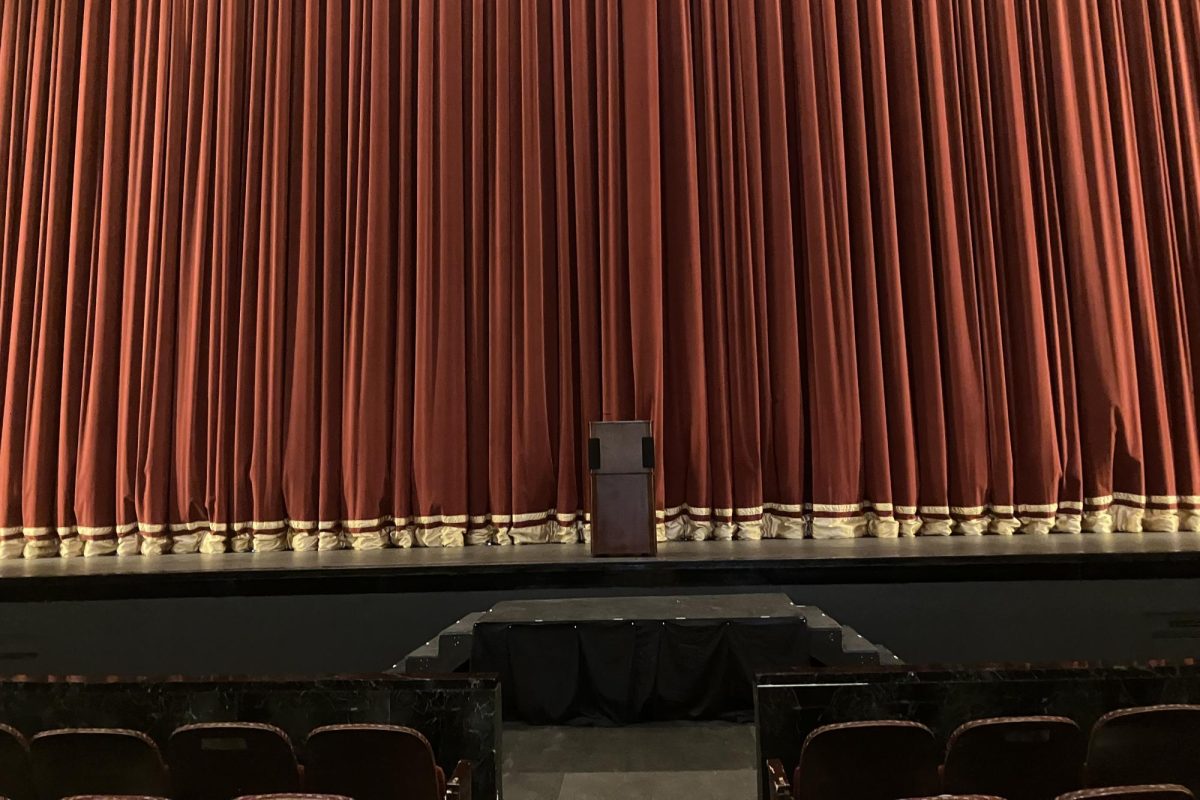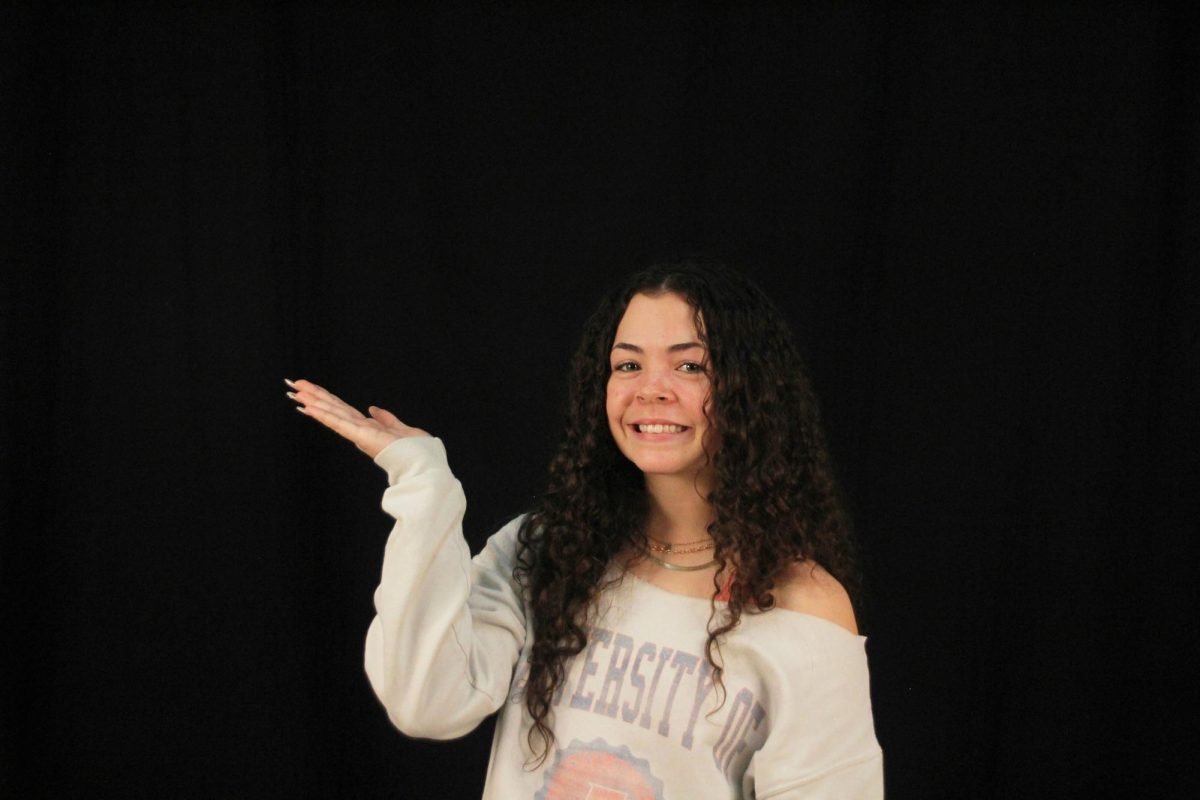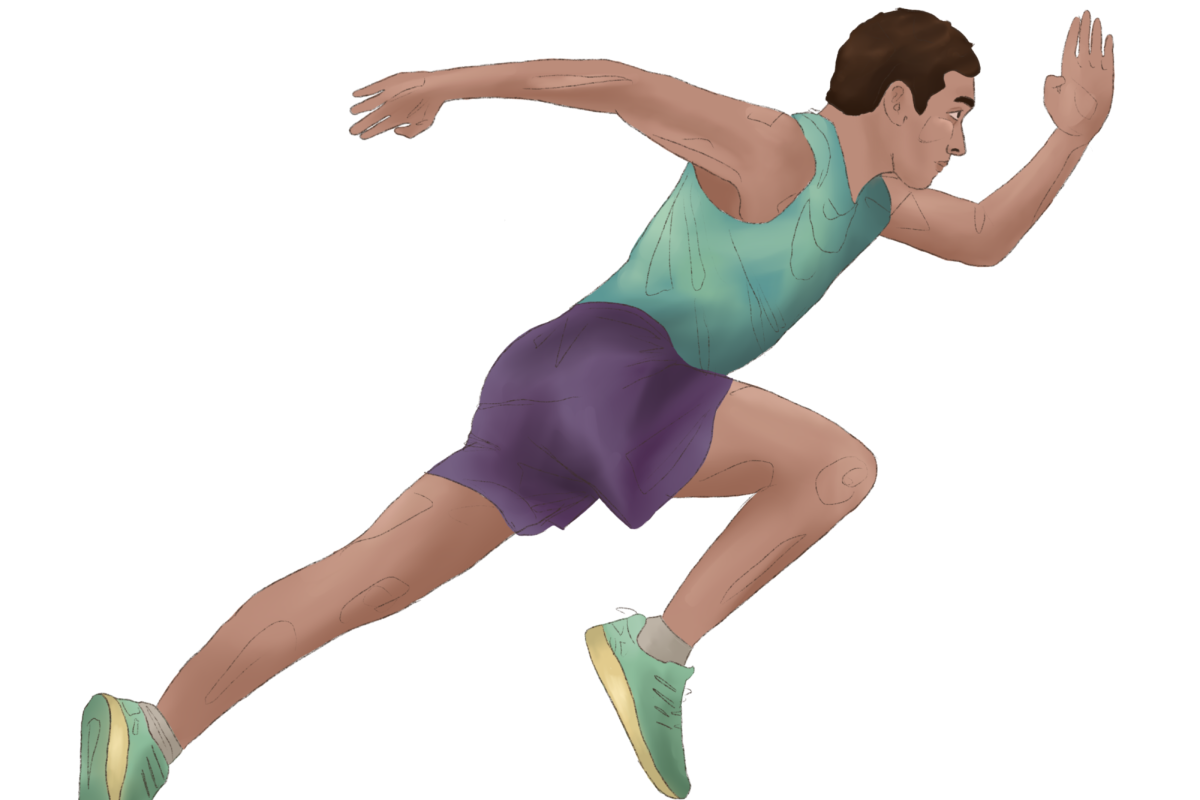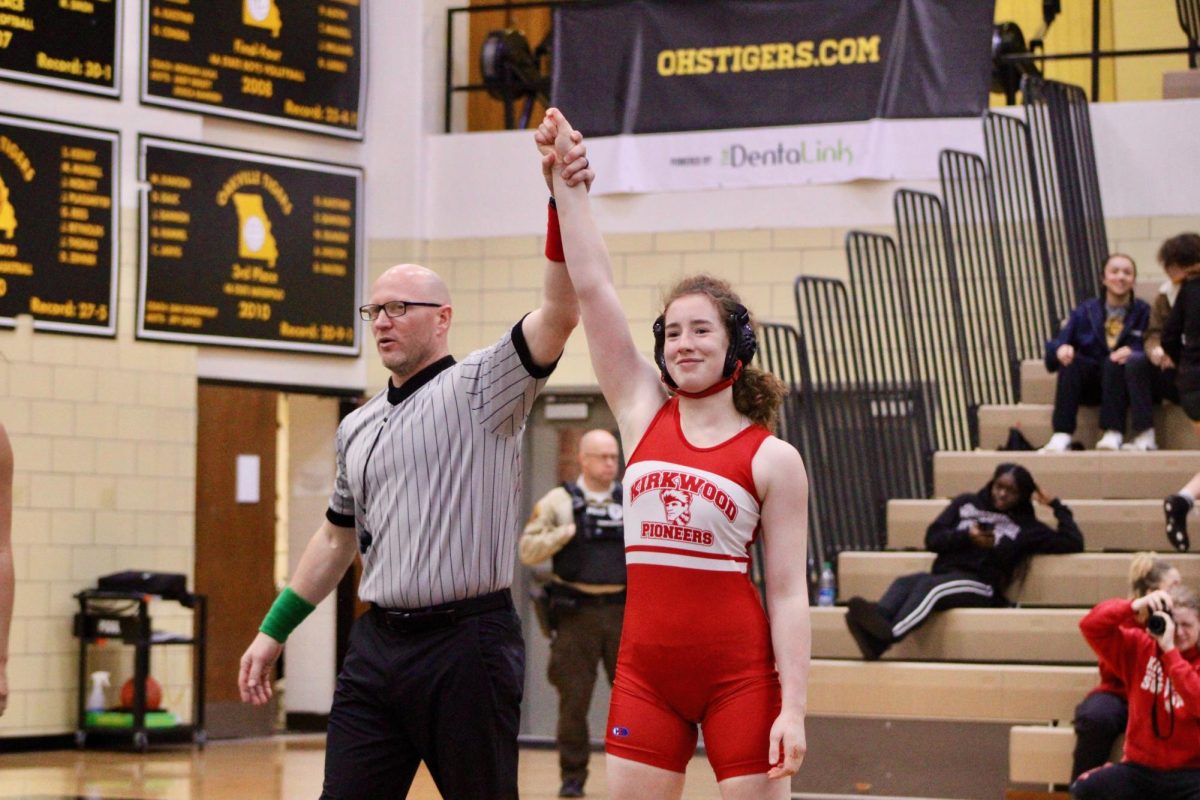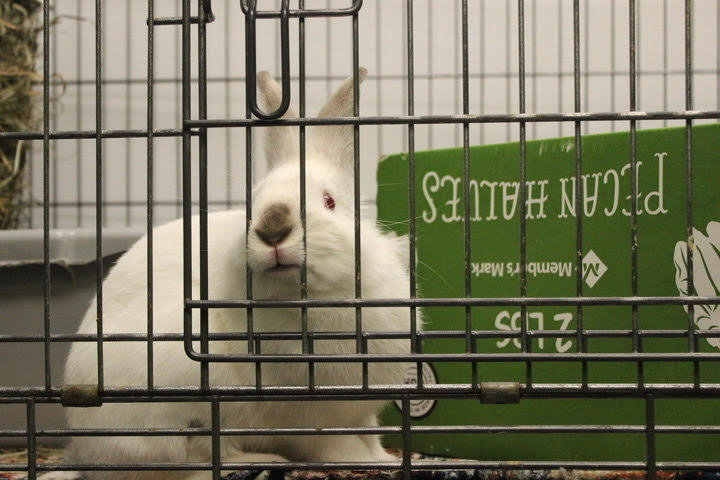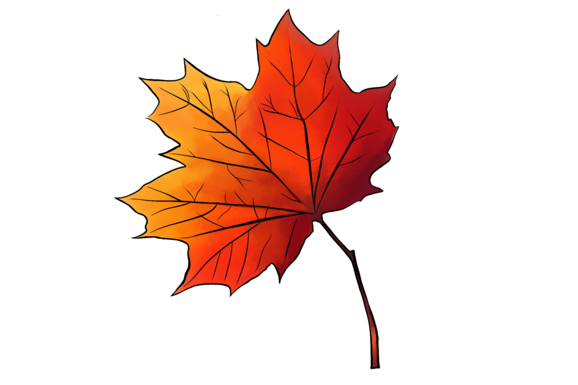Justice and equality, that is where it all began for Karen Ambuehl, English teacher. For eight years she has taught African-American Literature with a positive attitude and outlook, continuing to inspire and show students a new perspective on life.
African-American Lit was already a class at the high school when Ambuehl first came to KHS. She was immediately drawn to the justice and empowerment the class could bring to society. Although she first had reservations about instructing the students since the course hits heavy topics such as slavery and racism, it has taught her more than she has ever imagined.
“The course raises more questions than it can provide answers,” Ambuehl said. “This is not just for one race. It makes others see that they are not alone, separate or voiceless. Everyone can contribute a voice.”
Ambuehl, who is Caucasian, leads a predominately African-American class at times. The spacious room is filled with intrigued juniors and seniors hanging on her every word. Susceptible topics such as the barriers of racism, stereotypes, social power, white privilege and slavery can lead to deep, eye-opening conversations.
“It shows how different cultures and races can seem, but really everyone, even if they appear different, are still the same,” Rob Cornman, senior said.
Not only does the class create questions, but also tries to provide solutions to fix racial problems in today’s world.
“It gives people a forum to talk about a subject and shows the honesty part of it by looking at the work we still have to do today,” Ambuehl said.
Daily discussions vary from personal stories of students affected by certain racial standards to heartfelt, enlightening studies of the hardships slaves faced in the past. No one day is alike, so students can prepare for new thoughts and outlooks each day.
“I would recommend this class to anyone,” Yaniece King, junior, said. “I love hearing different people and how much they have to say.”
This unique course challenges others to be courageous and speak out. The job is not complete within the classroom; students must practice and apply the knowledge they learn.
“Ultimately it makes students say ‘I see what is going on and now I know how to fix the problem,’” Ambuehl said. “We study and understand the past so we can make a difference in the future.”


